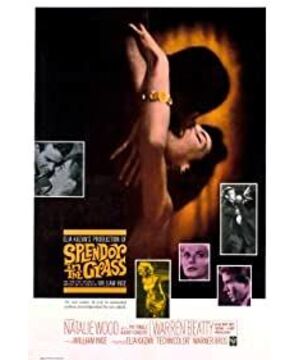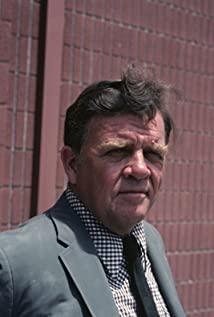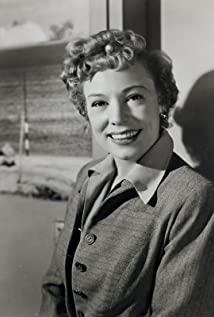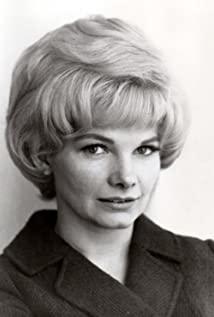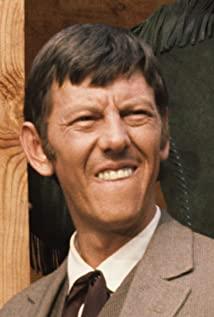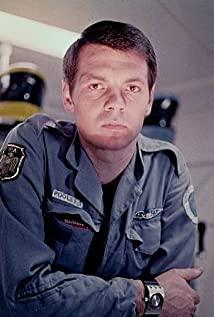Two teenagers falling in love in Kansas 1928, Deanie and Bud (Wood and Beatty) are the ne plus ultra of high school sweethearts, he is a jockey born with a silver spoon, she is as lovely as a storybook princess, both parents are quite content with their pairing, then why, in Kazan's SPLENDOR IN THE GRASS, apart from the fallout of the imminent and fateful Crash of 1929, their lives will be permanently scarred, and both opt for a settling-for-less middle ground.
As incisive as Kazan's brand constantly boasts, here the bane is sexual repression and the bigotry from the moral majority, Bud is eager to marry Deanie as he can barely keep his libidinous urge in check, while Deanie, dinned into behaving like a “good girl ” by her mother (Christie, giving the performance of her lifetime here, brings so much deeper pathos and affection from a conventional mother figure, and completely subverts our usual question: is she a good or bad mother? Her quiddities can be applied to more than a generation of women and then some, and her insularity is a sign of the times), is fretted by whether or not she should “go all the way” with the boy she madly loves. Also, the prevailing double standard between different sexes plays a crucial role to drive them apart, as a male, Bud has an easier solution to his problem,all he needs is the help of a different kind of girl, but his self-seeking conduct terminally disturbs Deanie, pushing herself to the extreme and she is sent away to a psychiatric institution.
Since then, their paths only converge in the end, and Inge’s Oscar-winning script considerately conceives a more auspicious direction for Deanie, albeit the mental distress, she recovers and finally can make her peace with Bud, and her family fares much better in the aftermath of the financial catastrophe than Bud’s. Also Wood unequivocally delivers her best performance ever, Deanie’s vulnerability and anguish are elicited to an electrifying effect through her all-pouring commitment, though Wood still feels insecure to deglamorize her screen persona, however, under the tutelage of Kazan, that sense of insecurity becomes a bonanza which pointedly characterizes Deanie’s own plight. Wood looks particularly heartbreaking during the treacherous drowning scenes, we all know her blamed tragedy, that really casts a pall here.
Beatty, in his film debut, already struts his stuffs which will make him a movie star, his Bud is virile, seductive, but also unpretentious, a quality soon will desert him as he matures and his star is rising. Here, Beatty's most astounding act is actually neither with Deanie, nor with Bud's overbearing and paternalistic father (played by a gimpy Hingle blasting every line into our cochlea with maximal volume, a pyrrhic victory of acting for my money, though I would appreciate someone who could be less forceful) , but the dramatic charge between Bud and his promiscuous sister Ginny (Loden), the black sheep of the family, who rebels in the most radical, tactless, self-destructive way. But being the member of the weaker sex, Ginny can never win , she is the victim of a phallocratic society,which makes the scene where she slaps Bud in the face such an instance of emotion-packed effusion, Loden, who was romantically involved with Kazan at that time, is also uncompromisingly baring it all to audience's utter amazement.
Festooned by David Amram's richly boisterous jazz soundtrack, and albeit the eye-rolling adults-playing-teens factitiousness, Kazan's SPLENDOR IN THE GRASS is a searing social drama full of hearts, theatrics and delectation, it potently reminds us the fight against human bigotry, sexism and paternalism is a never-ending battle, and we shall never let up.
referential entries: Kazan's WILD RIVER (1960, 7.5/10); Robert Mulligan's LOVE WITH THE PROPER STRANGER (1963, 7.7/10).
View more about Splendor in the Grass reviews


